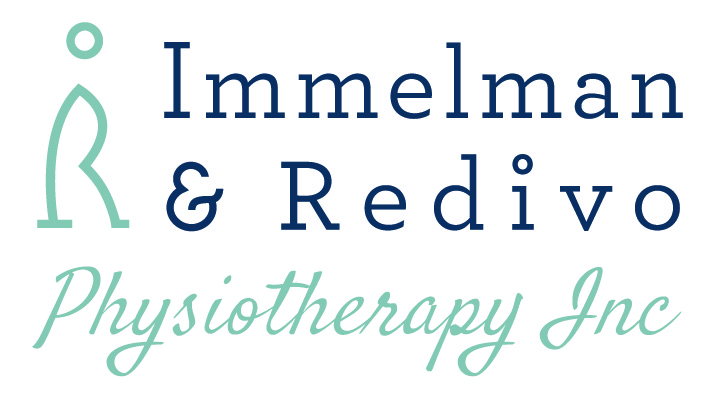Chronic pain syndromes
Chronic pain is a complex problem and needs a multi-faceted approach. These conditions need to be assessed and explained on an individual basis, as each person is different. Treatment aims are to improve the function and quality of life of the chronic pain sufferer.
Read more about…
- Chronic pain syndromes
- Fibromyalgia and soft tissue dysfunction
- Nerve Pain/Neural pain/Neuropathic pain
- Frozen Shoulder
Chronic pain syndromes
Chronic pain is a complex problem and needs a multi-faceted approach. These conditions need to be assessed and explained on an individual basis, as each person is different. The physiotherapeutic approach to chronic pain involves education, manual therapy, lifestyle changes, cognitive behavioural therapy, exercise prescription, maintenance therapy and working in a multi-disciplinary team. Chronic pain should be tackled with a team approach where the patient is the captain. The importance of attending to the mobility of all the structures is vital. Various methods exist to address muscle pliability and flexibility. The treatment options for nerve mobilisations are vast and the importance of specific exercises is crucial to success. Treatment aims are to improve the function and quality of life of the chronic pain sufferer.
Fibromyalgia and soft tissue dysfunction
Fibromyalgia is a complex musculoskeletal disorder that can be accompanied with fatigue and sleep disturbances, memory and mood issues. Researchers believe that fibromyalgia amplifies painful sensations by affecting the way your brain processes pain signals (Mayoclinic). Fibromyalgia and chronic pain is a complex problem and needs a multi-faceted approach. These conditions need to be assessed and explained on an individual basis, as each person is different. The physiotherapeutic approach to chronic pain involves education, manual therapy, lifestyle changes, cognitive behavioural therapy, exercise prescription, maintenance therapy and working in a multi-disciplinary team.
Nerve Pain/Neural pain/Neuropathic pain
Nerve pain can encompass a vast majority of symptoms, including but not limited to pins and needles, numbness, tingling and burning. There are many reasons the nervous system can experience discomfort and cause your symptoms. Some are related to diabetes, infections, systemic conditions (whole body). Musculoskeletal reasons may include injuries to the nerve itself, or associated structures like joints, bone, discs or muscles.
Sciatica is a general term that refers to symptoms especially pain, experienced from one of the nerves that run down your leg. Pain in the buttocks/thigh, numbness, muscle weakness and change in gait pattern is all signs and symptoms of sciatica. The pain can be quite severe and can have a sudden or gradual onset. Causes for sciatica can be at the nerve root level, (at the spine) or along the nerve as a result of compression/irritation by surrounding tissue (for example the piriformis muscle also known as the piriformis syndrome).
This type of condition can happen in the neck area as well causing arm; trunk and chest wall pain. Physiotherapists can help determine the reason for your pain and help you understand the mechanism involved. We do a thorough assessment and determine the best management plan ahead.
Common nerve related conditions that we can treat include nerve root pain, Bell’s Palsy, Posterior-Interosseos Nerve (PIN) impingement, neural immobility, carpal tunnel syndrome and complex neurogenic nerve pain. Feel free to contact us should you wish to find out if we can assist with your symptoms.
Frozen Shoulder
Frozen shoulder, also known as Adhesive Capsulitis, is a condition characterised by pain and stiffness in the shoulder. Usually the pain starts slowly, most often with no mechanism of injury and gradually gets more painful and limiting. The next stage is followed by less pain and more stiffness and eventually the condition resolves in 14 months, and can take up to 3 years. Managing of a frozen shoulder usually involves a team approach. However, making sure that the condition is correctly diagnosed is also important. Physiotherapy can assist with pain management in the initial stages, and as the pain settles and stiffness sets in, maintaining mobility and assisting with activities of daily living becomes important. It is important to move in the available range and maintain function as much as possible.

